This holiday season,
Create a ripple of change.
For a limited time, your gift will be worth TWICE as much thanks to our matching gift challenge!
Yes, I’ll create a ripple of change that heals our world. Here’s my gift of:
Your support will elevate women leaders around the world who are protecting the earth and taking bold action against climate change. These leaders know change is possible.
Your gift is the drop that begins that ripple effect of change our world needs.
Because together, #WeAreMadeForThis.
More Ways to Give

Join The Seed Bank and sow seeds for a healthy and just future.
Give monthly and become a part our circle of monthly donors growing climate and environmental justice solutions through women’s grassroots action.
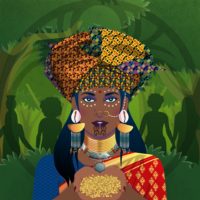
Turn your cryptocurrency into climate solutions
When you donate crypto to WEA, we immediately use your gift to provide women leaders with the training and funding they need to make a meaningful impact on our environment.

Join the Giving Circle
Join our circle of vision keepers ensuring the continuation of this work with multi-year gifts.

Donate by check, DAF or foundation support
We gladly accept donations by check, Donor Advised Funds and through foundations.
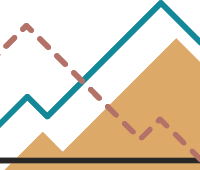
Donate stock, bonds or mutual funds
We are set up to accept donations of stocks, bonds or mutual funds.
Whatever amount you give, you’ll support women who are invested in the well-being of our communities and in the health of our planet.
You'll elevate women leaders like...
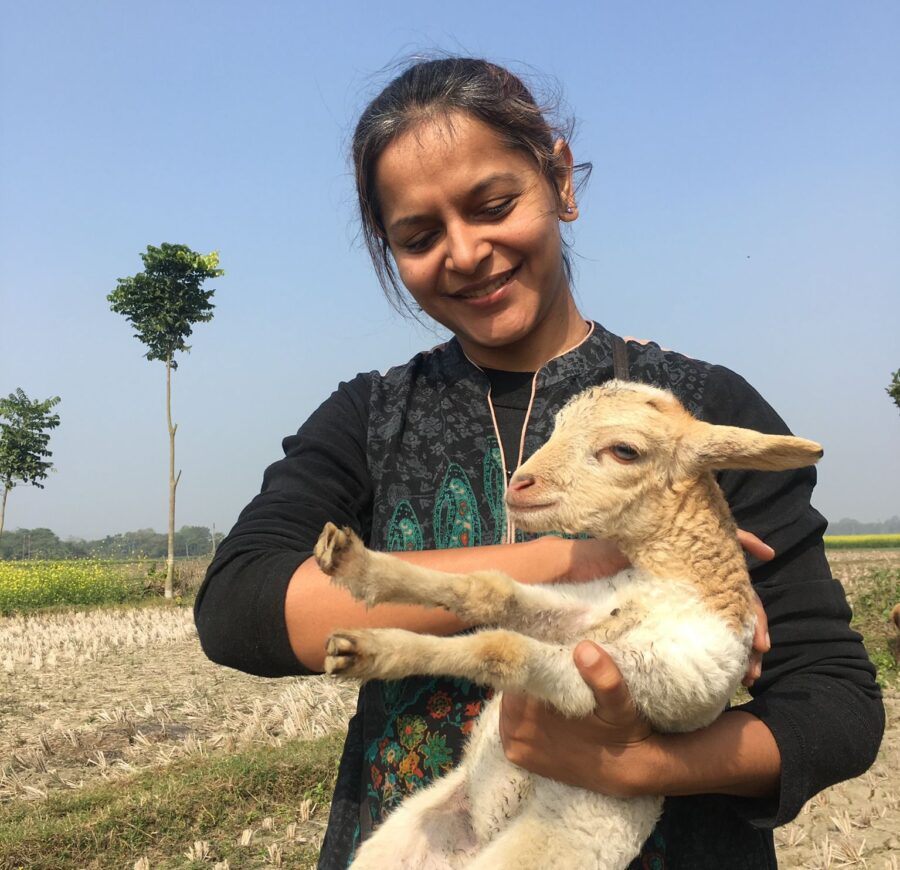
Ekta Kothari Jaju
India
Ekta supports smallholder farmers in Northeast India to convert to organic farming, obtain organic certification, and connect to premium organic markets. In partnership with WEA, Ekta and her team at SwitchOn Foundation are helping more than 4,000 organic farmers build profitable, healthy, and resilient agricultural businesses.
Supporting Ekta’s work means supporting thousands of smallholder farmers in India to ensure they have a healthy and resilient future in farming. Ekta’s work is part of a global movement to protect small-scale farming, empower women’s role in farming, grow healthy food, and protect ecosystems for us all for our future generations. India’s food system affects all of us, and Ekta’s work is a powerful grassroots model ready to scale.
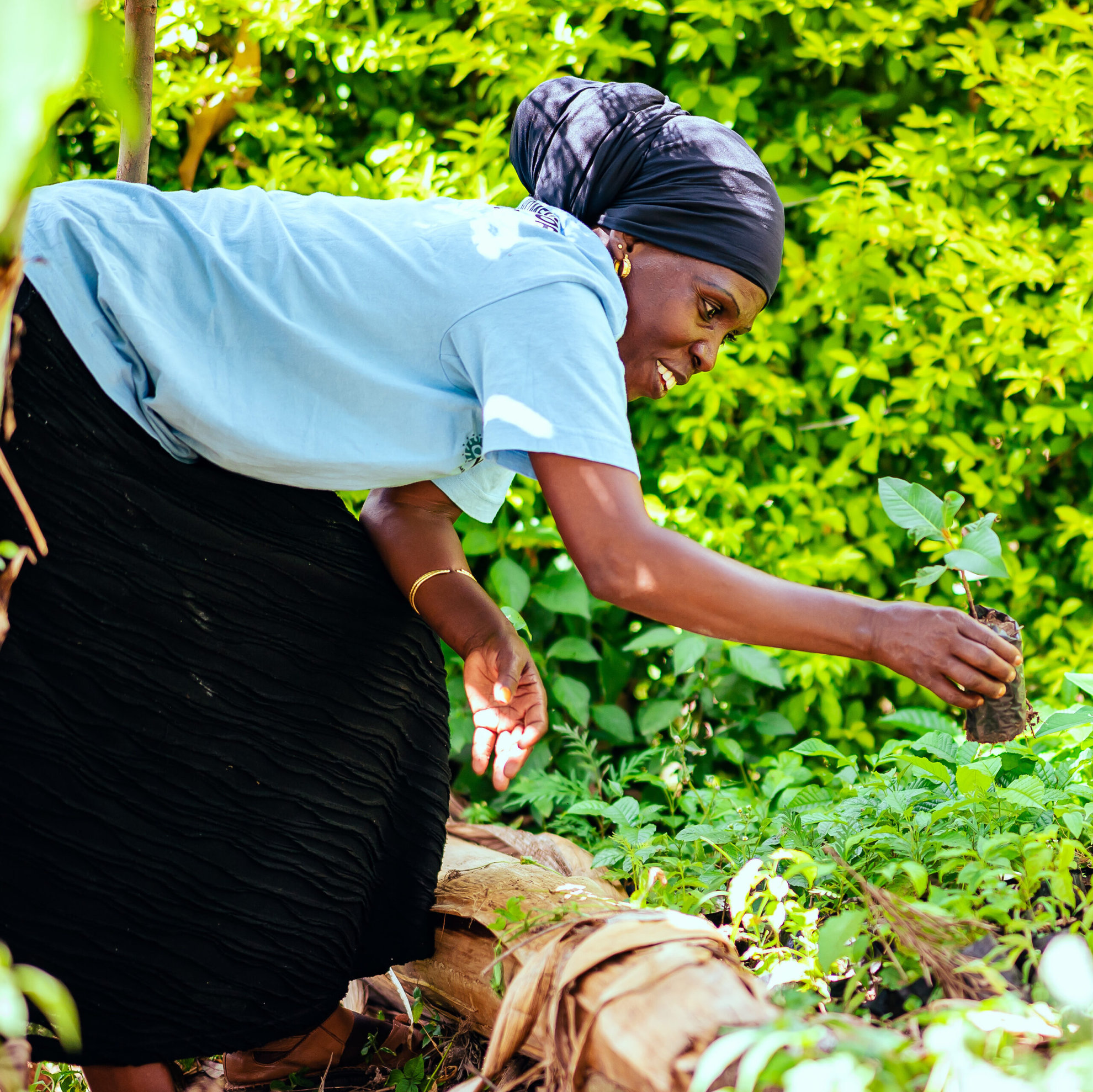
Fatuma Erima
Kenya
When COVID-19 hit Kakamega, Kenya, most people Fatuma knew lost their jobs, children missed school, and many families struggled. So Fatuma was thrilled about the opportunity to join a WEA training and learn how to leverage her skills to help her community.
With WEA's support, Fatuma launched a tree nursery and tree-planting initiative, training hundreds of people to grow and sell tree saplings, grow trees for sustainable firewood, and make and sell clean cookstoves and briquettes. Since launching her eco-enterprise, she has seen significant change in her community—reduced deforestation, increased household financial wellbeing, less gender-based violence, more women’s leadership, and improved family health.
Fatuma is one of thousands of grassroots women at the helm of this global transformation—restoring degraded forests, building local economies that incentivize forest protection, and empowering women’s leadership around the world.
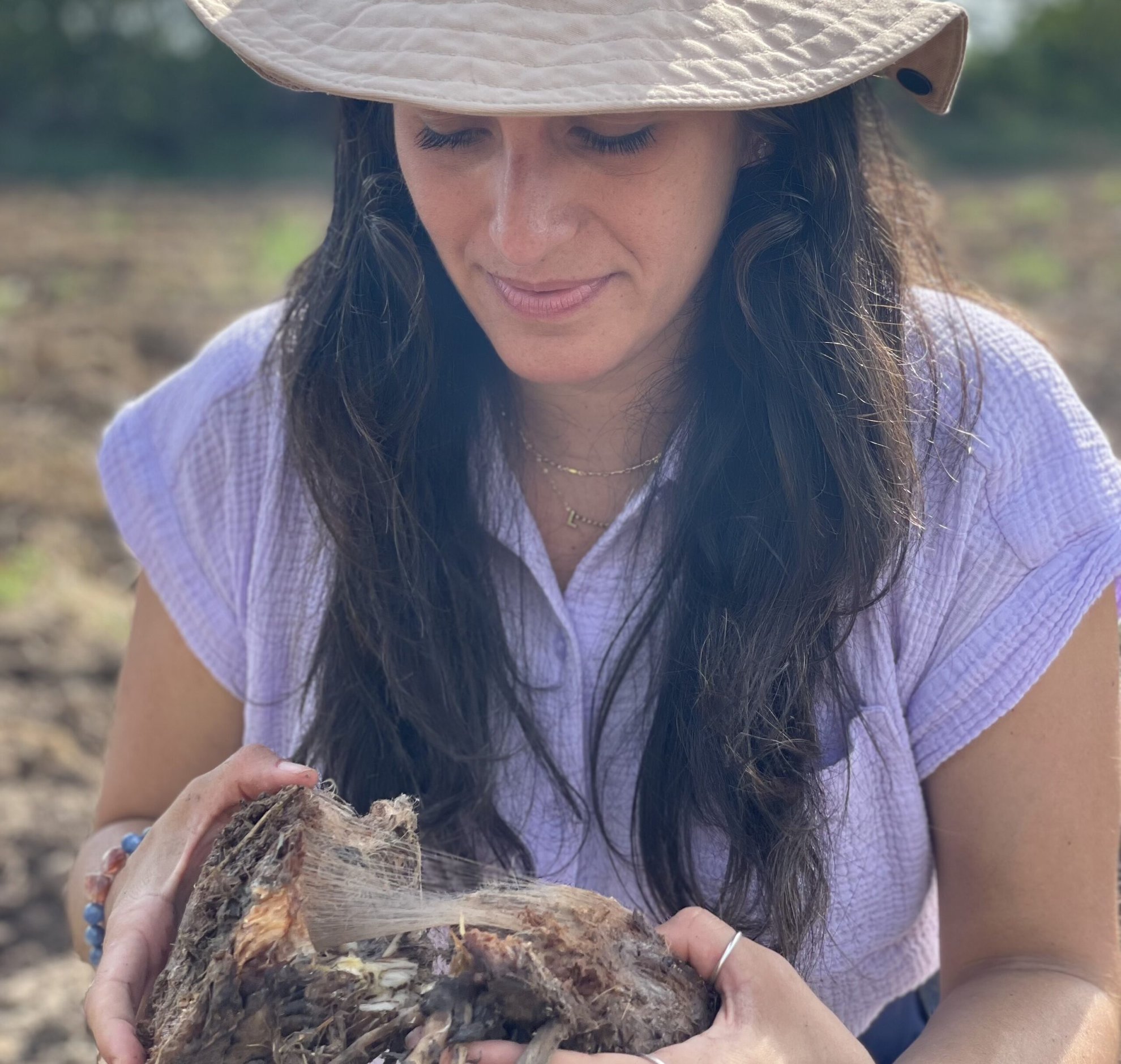
Johanie Rivera-Zayas
Hawai'i + Puerto Rico
Johanie is an agronomist, researcher, and coordinator in the Hawai’i Soil Health Research Team at the University of Hawai’i at Mānoa, and Hawaii Natural and Working Lands Research Team. These teams support farmers, ranchers, and foresters in the Pacific and Puerto Rico to increase climate resilience and farm viability by improving soil health and climate-smart practices.
With the resources and support she gained through WEA’s training, Johanie is leading the way in developing producer-driven, climate-smart, and carbon-sequestering agricultural practices and policies. She is helping producers voice their needs and implement practices that increase their land's resilience and soil health. This ripples out to improve food security for local communities.
By supporting Johanie, you're supporting land stewards in Island territories who are tending our lands, farming cultures, and food systems to ensure sustainable ecosystems for future generations.
